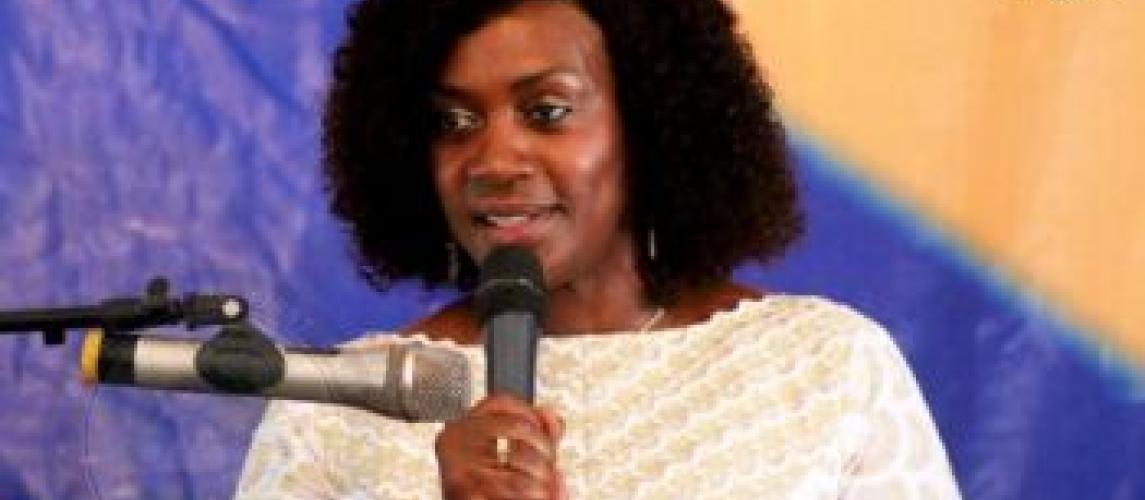
First Lady Hails Passage of Domestic Violence Act with Calls to Address Issues of FGM
Monrovia, Liberia - The First Lady of Liberia, Mrs. Clar Marie Weah, has described as historic and landmark the passage of the Domestic Violence Act of 2014 which had been dusting on the shelf of the National Legislature for years.
She hailed members of the Liberian Senate and the House of Representatives for their collective actions that made the passage of the crucial Act possible, thus advancing to new levels the protection of women, girls and children who are mostly victims of such domestic violence and other crimes in Liberia.
Mrs. Weah’s assertions are in to the Liberian Senate’s concurrence with the House of Representatives on Thursday, July 19, 2019, marking a full legislative action of the bill.
The Liberian First Lady said she was confident that when the bill comes into full legal force following its signing by the President of the Republic, it will serve as a major tool in curbing the already alarming incidents of sexual gender-based violence, especially rape, across Liberia.
Madam Weah has meanwhile cautioned perpetrators of domestic violence and predators against the rights of women, girls and children to begin to rethink their actions as they are prone to face the full weight of the law without compromise.
The bill defines Domestic Violence as an act of violence that results in or is likely to result in physical, sexual or psychological harm or suffering to women, men, or children, including threats of such acts, coercion or arbitrary deprivation of liberty, whether occurring in public or in private life between parties in an existing or former domestic relationship.
It can be recalled that the House of Representatives passed the bill on July 4 this year. The bill now awaits the signature of the President of the Republic of Liberia to become law. The passage comes after about five years of legislative scrutiny.
The release also quotes the First Lady as urging members of the legislature, the civil society, the traditional chiefs, and the Liberian government to also speed up efforts in addressing the issue of Female Genital Mutilation, FGM, which was extracted from the initial version of the domestic violence act.
